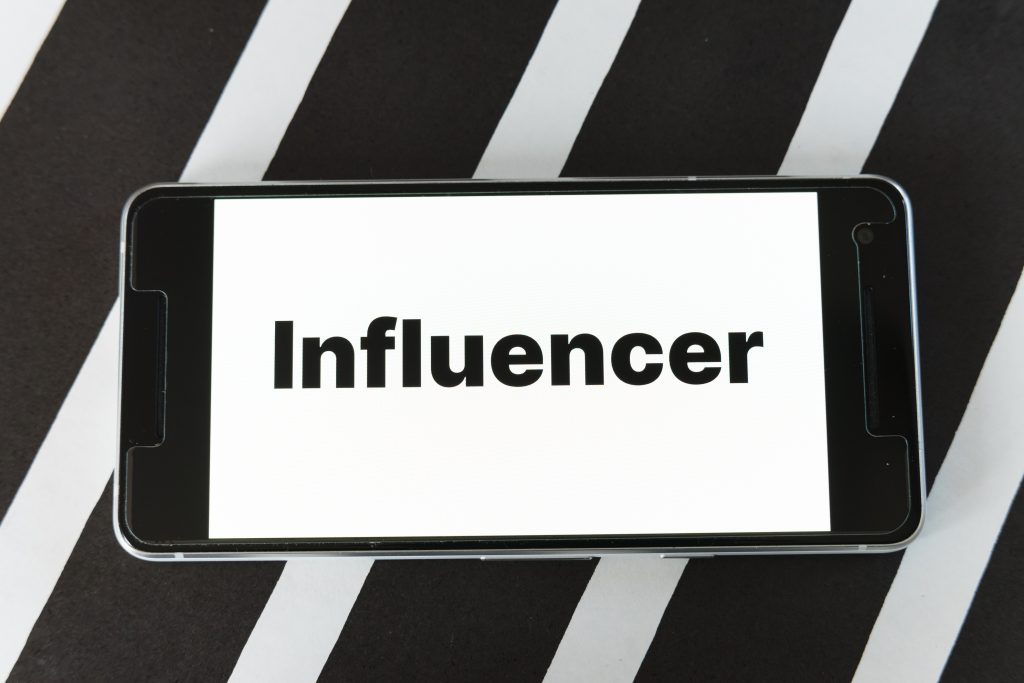
The creator economy is undergoing a seismic shift, driven by innovations like virtual influencers, AI co-pilots, and NFT memberships. These technologies are not just reshaping how content is made—they’re redefining who creates it, how it’s monetized, and how audiences engage. As we look ahead, the fusion of creativity and cutting-edge tech promises to unlock unprecedented opportunities—and challenges—for creators and brands alike.
Virtual Influencers: The Rise of Digital Personalities
Blurring the Lines Between Real and Virtual
Virtual influencers like Lil Miquela and Noonoouri are captivating millions with their curated personas. These AI-driven avatars, designed with flawless aesthetics and relatable backstories, resonate deeply with Gen Z audiences. Brands like Prada and Calvin Klein have partnered with virtual influencers for global campaigns, bypassing the logistical hurdles of human talent while maintaining a 24/7 digital presence. Their appeal lies in their controllability: they never age, tire, or face scandals, offering brands a risk-free alternative to traditional influencers.
Monetizing Digital Identity
Beyond brand deals, virtual influencers are launching their own merchandise, music, and even NFT collections. Imma, Japan’s pink-haired virtual icon, collaborates with luxury brands while selling digital fashion assets. As the virtual influencer market is projected to reach $125 billion by 2025, creators are exploring hybrid models where digital avatars coexist with human counterparts, expanding reach across metaverse platforms like Decentraland.
AI Co-Pilots: Supercharging Content Creation
From Scriptwriting to Editing: AI’s Role in Creativity
AI tools like ChatGPT, Jasper, and Runway ML are revolutionizing content workflows. Creators use AI to draft scripts, edit videos, and generate SEO-optimized blog posts in minutes. For instance, YouTubers leverage Descript to edit podcasts using text commands, while artists employ MidJourney to brainstorm visual concepts. These tools democratize high-quality content production, enabling solo creators to compete with established studios.
Ethical Considerations and Authenticity
However, reliance on AI raises questions about originality. Audiences crave authenticity, and over-automation risks diluting the human touch that builds connection. Platforms like TikTok now require creators to disclose AI-generated content, and tools like Originality.ai help detect synthetic text. The future lies in balance: using AI as a collaborator, not a replacement, to enhance creativity without eroding trust.
NFT Memberships: Building Exclusive Communities
Unlocking New Revenue Models
NFTs are transforming how creators monetize their work. By issuing token-gated memberships, artists and influencers offer exclusive content, early access, or real-world perks. Musician Steve Aoki sells NFTs that grant backstage passes, while writer Neil Strauss uses them to distribute limited-edition books. Platforms like Patreon and Fanbase are integrating NFTs, allowing creators to build layered subscription ecosystems.
Challenges and Future Outlook
Navigating Saturation and Authenticity
As virtual influencers multiply and AI tools proliferate, standing out requires innovation. Audiences may grow wary of overly polished avatars or generic AI content, pushing creators to prioritize uniqueness. Meanwhile, the NFT space faces scrutiny over speculative bubbles, urging a shift toward utility-driven tokens that offer tangible value.
Sustainability and Accessibility Concerns
Critics highlight the environmental impact of blockchain-based NFTs and the energy demands of AI training. Solutions like Ethereum’s Merge (transitioning to energy-efficient proof-of-stake) and green AI initiatives aim to mitigate these issues. Additionally, ensuring affordable access to AI tools and NFT platforms will be key to democratizing the creator economy.
Conclusion: Embracing the Future Responsibly
The creator economy’s next frontier is a blend of imagination and technology. Virtual influencers, AI co-pilots, and NFT memberships offer tools to scale creativity and deepen audience connections. Yet, success hinges on ethical innovation—prioritizing authenticity, inclusivity, and sustainability. For creators willing to adapt, the future is limitless.

Leave a Reply